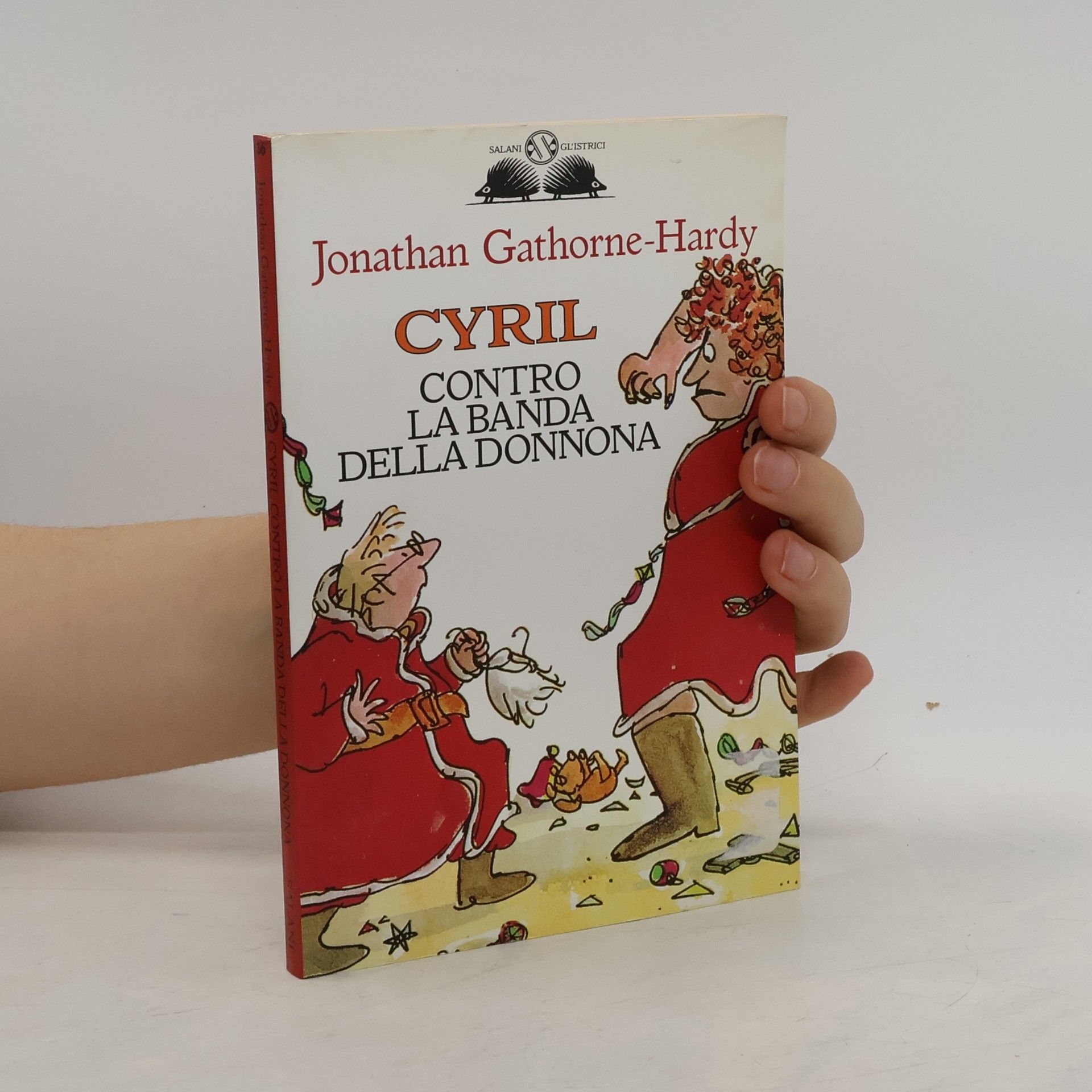Gli Istri - 71: Cyril delle fogne
- 107 Seiten
- 4 Lesestunden
Dieser britische Autor erforscht komplexe Beziehungen und die menschliche Psyche mit eindringlicher Einsicht. Seine Werke befassen sich oft mit Themen wie Identität, Erinnerung und der Suche nach dem Sinn im Leben. Durch sorgfältig ausgearbeitete Charaktere und eindringliche Atmosphären zieht er den Leser in die Tiefen der menschlichen Erfahrung. Seine Prosa zeichnet sich durch literarische Eleganz und die Fähigkeit aus, feine Nuancen von Emotionen und Gedanken einzufangen.


When Cyril Bonhamy applies for a job as a Father Christmas he is surprised at how burly the other applicants are. He gets the job but spends more time reading than with the children. Then one of the burly Santas send him a note.